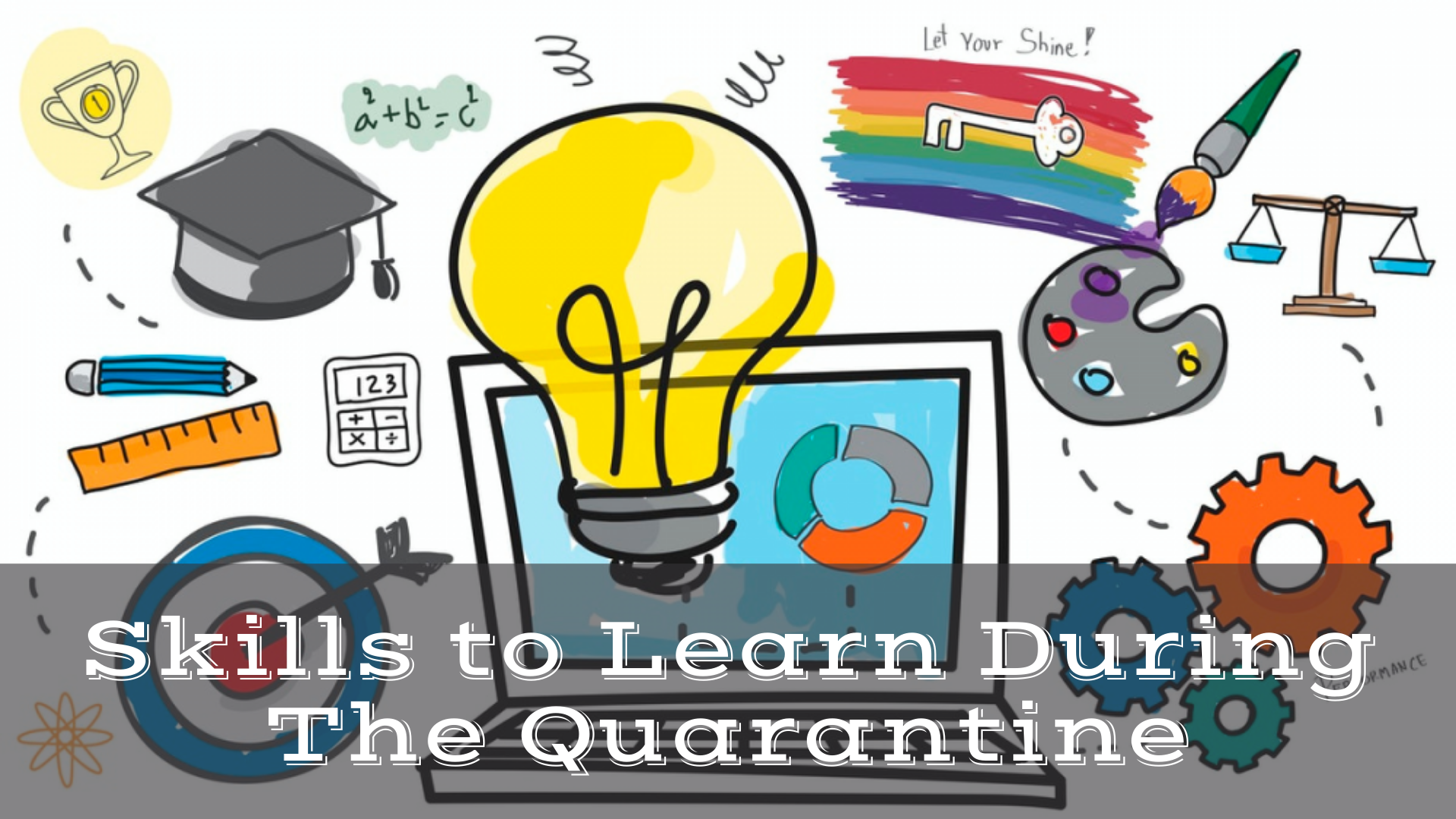Importance Of Social Emotional Learning
Defining Emotional Intelligence
Emotional intelligence (EQ) refers to the ability to identify emotions in one's self as well as others; to access or generate feelings when needed; to understand the use of feelings for self-regulation; to appreciate the role of feelings in interpersonal relationships, and to manage emotions in ways that improve personal interactions.
Social-Emotional Learning – The Importance
Social-emotional learning (SEL) is the ability to recognize, understand and manage emotions, develop meaningful relationships and make responsible decisions. SEL is a set of skills that helps students better cope with stressors (such as bullying), build positive relationships, develop healthy self-esteem, manage anger and create pro-social behavior.
Social-emotional learning helps students learn in the classroom and beyond. Research shows that students who have higher social-emotional skill levels tend to do better in school; graduate at higher rates; have more positive peer relationships; have higher self-esteem; have greater empathy for others; have greater life satisfaction; experience less depression and anxiety; and display fewer externalizing problems such as aggression.
Schools in India that provide social-emotional learning do better than other schools. In addition, there are many ways that teachers can help students build these skills.
Social-emotional learning is the process of developing skills in a variety of areas, such as self-management, self-awareness, social awareness, relationship skills, responsible decision making, and problem-solving. SEL programs also focus on creating a community where students feel accepted and valued. Kids develop skills that help them navigate social situations and build positive relationships with friends and classmates.
They learn how to manage their emotions so they can better understand themselves and others. In short, they become more emotionally intelligent.
What are the benefits of SEL?
There are many benefits to teaching social-emotional learning in schools. Some of these benefits include:
More effective classroom management
Reduced bullying
Fewer suspensions for misbehavior Improved school climate
Increased student engagement in school
Reduced problem behaviors associated with academic failure such as substance abuse (alcohol, marijuana, other drugs)
Improved academic performance (higher grades)
Reduced drop-out rate
What Teachers Need To Build Social-Emotional Learning
Teachers need to be aware of what SEL is to promote it. Explain what SEL is to students by providing examples of emotionally intelligent behaviors and poor choices. By explaining what SEL is, you will give students a better understanding of what they should strive for or avoid while they are at school.
Create an environment where emotions are accepted: Students will only learn how to properly deal with their emotions if they know it's okay for them to have those feelings. Teachers need to create an environment where all feelings are accepted. If a student has a bad day, it's important for the teacher not to push him or her aside, but instead, guide that child in dealing with his or her emotions. Normalize the expression of your mental state and reach out for help.
When schools focus on social-emotional learning, students are more likely to develop relationships with adults at school, are more resilient in the face of challenges, and display better academic achievement.
SEL promotes the development of skills that contribute to the capacity for individuals to sustain healthy, productive relationships within their communities. Social-emotional competencies can be seen as essential life skills that can help young people to fulfill their potential as learners, citizens, and future leaders.




Comments
Post a Comment